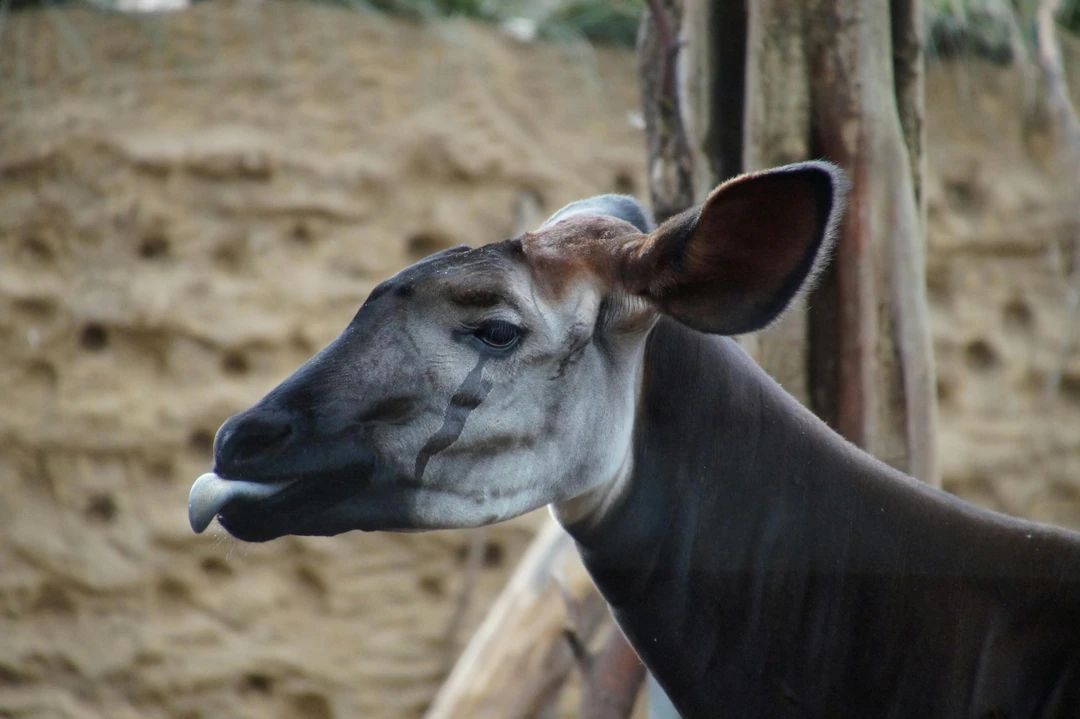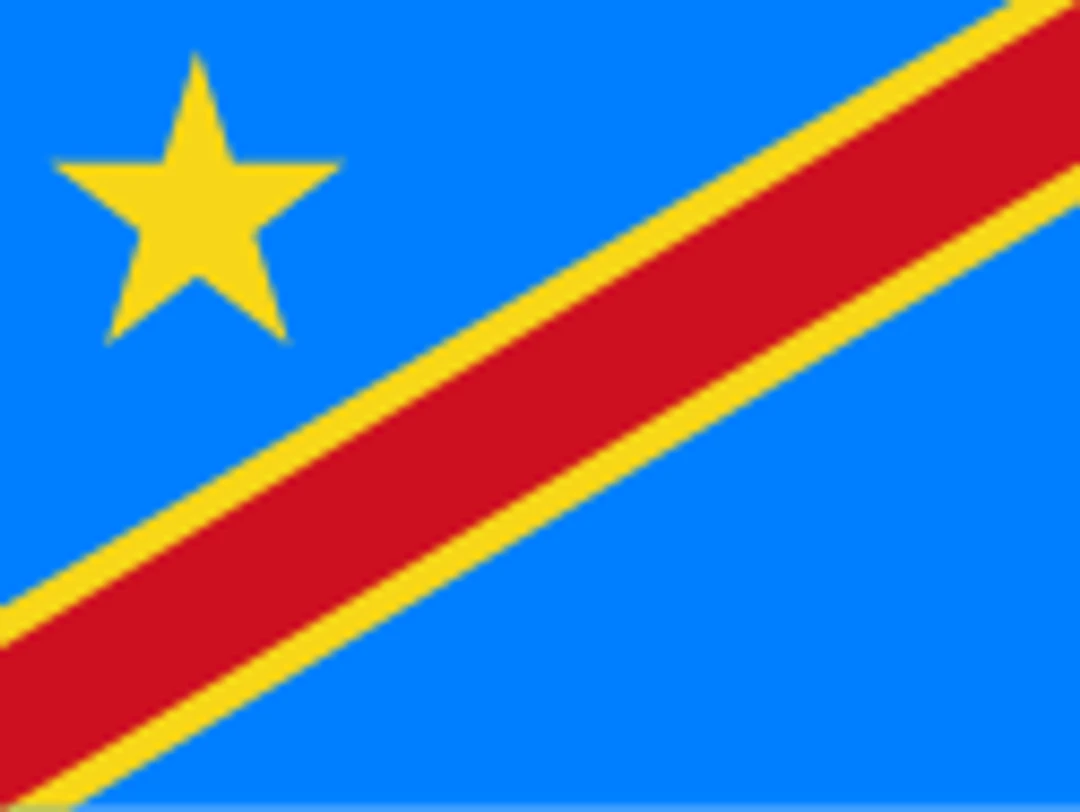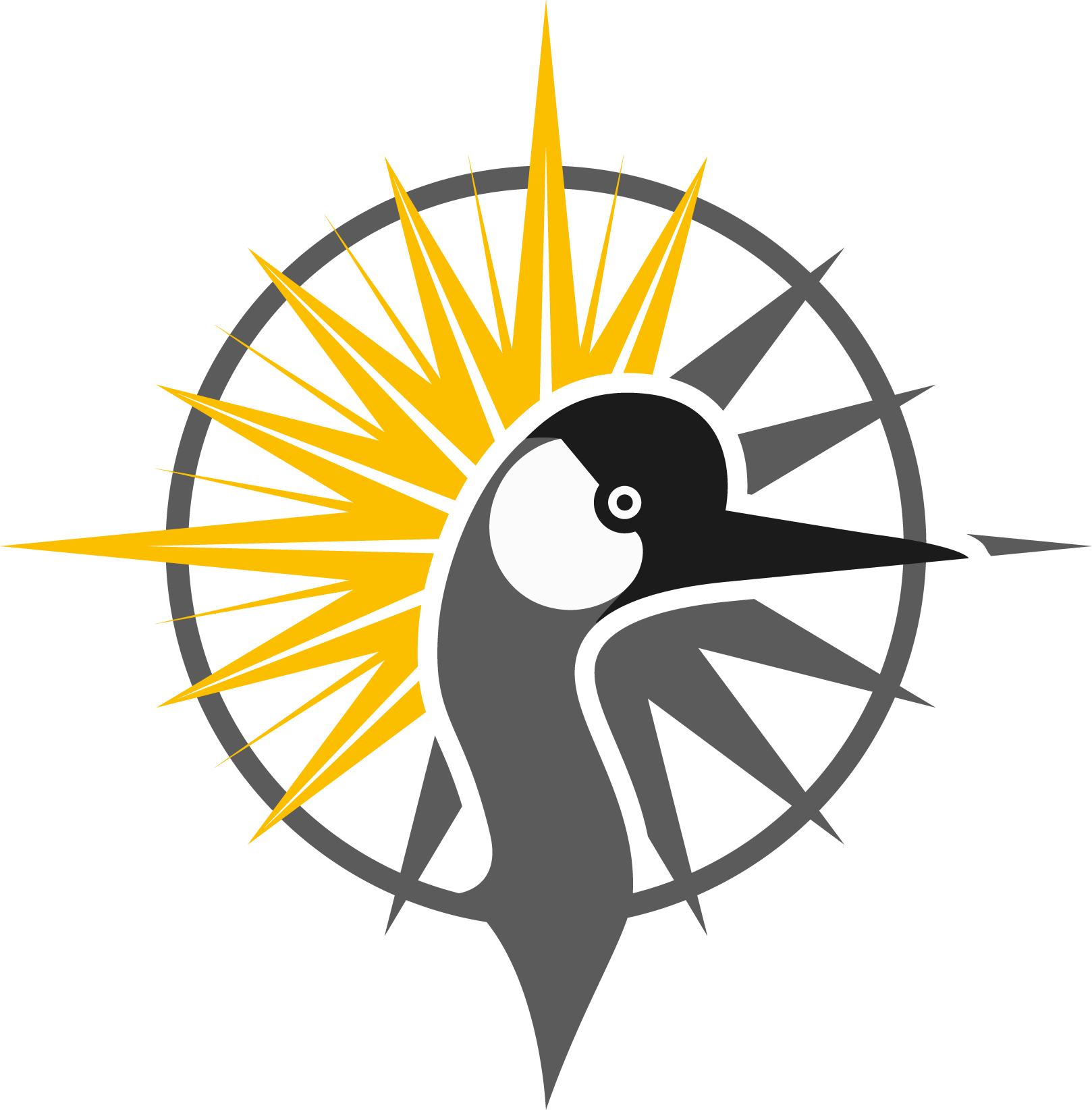Democratic republic of Congo | The wealth of the world
Overview
Democratic Republic of Congo travel advice, map of the Democratic Republic of Congo, top Democratic Republic of Congo travel experiences, and tips for travel to the Democratic Republic of Congo
The Democratic Republic of Congo, also known as Democratic Republic of Congo, the Democratic Republic of Congo, Congo-Kinshasa, or simply the Congo, is the southernmost country located in Central Africa. It is sometimes referred to by its former name Zaire, which was its official name between 1971 and 1997.
Musana tours and travel offers Mountain Gorilla Trekking and Lowland Gorilla Trekking, Nyiragongo Volcano Trekking in eastern democratic republic of Congo.
If you're a longtime lover of Africa, sick of safaris and savannah tours, this is time to add a stamp to the Democratic Republic of Congo to your passport. After years of war and bloodshed, the region's doors are slowly opening up to tourism, thanks mainly to the high profile conservation of the western mountain gorillas in the virunga national park.
Serious warning
Deep rural Democratic Republic of Congo is dotted with armies, rebel groups and simple bandits, the major roads are routinely washed out and only the most intrepid of travelers would ignore such travel advice against unguarded rural travel.
Thanks to years of conflict and instability, Democratic Republic of Congo doesn't offer much in the way of large-scale cultural events or festivals. However, as with any other destination, daily life can be as lively and momentous as staged theatrics, so make time to visit local sports matches, concerts and art exhibitions in the cities you visit, and keep an eye out for surprise dances and music in rural areas.
The capital Kinshasa was founded in 1881 as a trading post by Henry Morton Stanley (and called Leopoldville) next to a tiny fishing village. Now it has grown to accommodate about ten million people, and is the second-largest francophone city in the world (after Paris).
It's a surprising city, set on the River Congo and looking across to Brazzaville, the capital of the Democratic Republic of Congo. This is the intellectual heart of the country, with three universities, and though it does attract the best musicians and artists, its affluent residential areas are outnumbered by sprawling, miserable slums.
The city's sophistication ends with the tarmac though, and that's not far out from the center. Independence from Belgium was followed by the crazed dictatorship of Mobutu Sese Seko wazabanga: various wars meant there were and are still a lot of functioning guns in circulation. Despite UN initiatives and various ceasefires the country is basically ungoverned.
The only visitors to towns such as Goma and Bukavu are aid workers and they fly in: the roads are generally impassable. This is a shame. Very vast by African standards, the country has mineral wealth and natural beauty. It has the second-largest rainforest in the world (after the Amazon) rising up to the mountains of the east.
There are about five UNESCO biospheres and huge tracts of equatorial jungle but the biggest part of the country remains unexplored. Pack a copy of Joseph Conrad's classic Heart of Darkness, visit your embassy for up-to-date info, and your love of adventure - and look forward to a memorable journey into Africa's unexplored center - the Democratic Republic of Congo
Activities you must look out to in the DRC
Climb Nyiragongo Volcano. Towering over the city of Goma, this spectacular natural wonder last erupted in May 2021. the lava lake at the top is not recommended for swimming in - it may be spectacular, but it's also deadly
Track Gorillas. A momentous effort has been made to open up the Virunga National park with its resident mountain gorillas. Gorilla tracking here is a rather wilder experience than across the border in Rwanda's volcanoes national park and Uganda's Bwindi Impenetrable Forest national park: they have lodges! It's hoped that gorilla tracking will provide a boost to international confidence in Democratic Republic of Congo and protect those gorillas that have survived years of human conflict.
Cross the River. Packed to within an inch of its life, a public ferry commutes Kinshasa to Brazzaville, giving you the chance to get another exotic passport stamp just a step away. Don't get stranded though: it stops running in the afternoon, never runs on Sundays, and sometimes just stops running at all
Musana travel advice if you are going to DR Congo.
All border crossings can close without notice and that includes Kinshasa's airport and the ferry to Brazzaville.
The Democratic Republic of Congo isn't the destination of choice for relaxing breaks or momentous cultural awakenings, but if you are looking for adventure you may get too much.
While in Kinshasa beware of armed robbers, sometimes disguising as as policemen.
Democratic Republic of the Congo - vital stats
Capital of DRC: Kinshasa
Population of DRC: 92,126,284 (2021)
Languages in DRC: French (official), Lingala, Kingwana, Kikongo, Tshiluba
Time in DRC: GMT +1
International dialing code in DRC: +243
Voltage in DRC: 220V 50Hz
Visas in DRC: UK nationals require visas. Visa information
Money in DRC: Congolese franc (CDF), currently around CDF1,980 to the USD. There are not many banks and ATMS in the country and few places accept traveler's cheques or credit cards.
DRC travel advice: Foreign and Commonwealth Office
When to go to DRC
Due to the size and topography of Democratic Republic of Congo, the climate varies greatly. The southern highlands tend to be cooler and drier than the hot and muggy equatorial river basin. North of the equator, the wet season runs April to October, and the dry season from December to February.
Further south, the wet season falls November to March, and the dry from April to October. Plan carefully, as temperature and rainfall can be extreme.
- Kinshasa International Airport (FIH), 15km from the city.
- Goma international airport
Getting around Democratic Republic of Congo
Getting around the city centers is relatively easy, with buses and taxis serving as simple (yet often rickety) internal public transport. Traveling outside of Democratic Republic of Congo's main cities is, however, a different story. Roads and bridges have often washed out and even main routes are often completely impassable.
Added to this is the fact that independent overland travel through rural areas can be incredibly dangerous thanks to continued instability and lawlessness. The Foreign and Common wealth Office advises strongly against all but essential travel: travel with guides, guards, and a large amount of caution.
Democratic Republic of Congo Accommodation
Top end accommodation (US$200+) in Democratic Republic of Congo's main cities is generally very good quality, with rigorous security, clean rooms, and a wide range of food and drink options.
Lower price hotels and hostels are, as a rule, harder to come by - especially if you're looking for value for money and somewhere secure to store your backpack.
Contact our travel assistant for accommodation tips, and go with an open mind.
Democratic Republic of Congo food and drink
As with most African destinations, buying 'street food' is the simplest and most economical way of feeding yourself. By sticking to local dishes, you'll be eating fresher food, gaining the respect of the locals, and - until you've mastered the messy art of eating fufu or ugali and stew with your fingers - providing the dinnertime entertainment.
The main fare is fufu, or ugali, served with a spicy stew. For the European palette, this often takes a while to adjust to but in rural areas there's little alternative.
Kwanga, a type of fermented bread, is also a staple, as is lituma, a dish of mashed plantain. Fish is plentiful thanks to the River Congo, and goat, although a delicacy is the most common meat.
Enquire about food options in the Congo; remember to specify your destination.
Health and safety in Democratic Republic of Congo
Our on ground teams will always provide updated information about health and safety in the Democratic Republic of Congo, before making any plans TALK TO US as the stability and safety can alter at incredibly short notice. If traveling overland over borders consult be careful to exercise caution at all times.
Armed gangs and rebel armies make overland travel extremely hazardous and the state of the roads can make it impossible. There have been outbreaks of plague, Ebola and the most current Covid-19 and hospital facilities, outside the capital or major towns like Goma, are extremely limited.
Map of Democratic republic of Congo
Experiences exclusive to Democratic republic of Congo
No experience data available.
Top safaris in Democratic republic of Congo
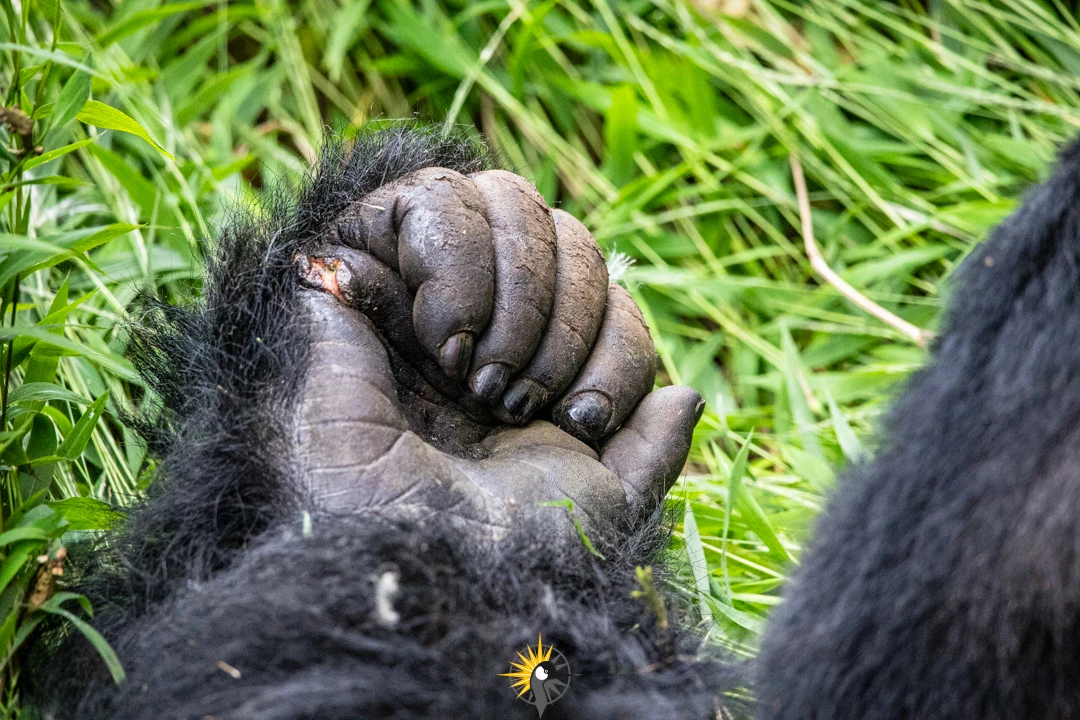
7 Days Mountain and Lowland Gorilla Tracking in Rwanda and DR Congo.
From
3668Per person sharing
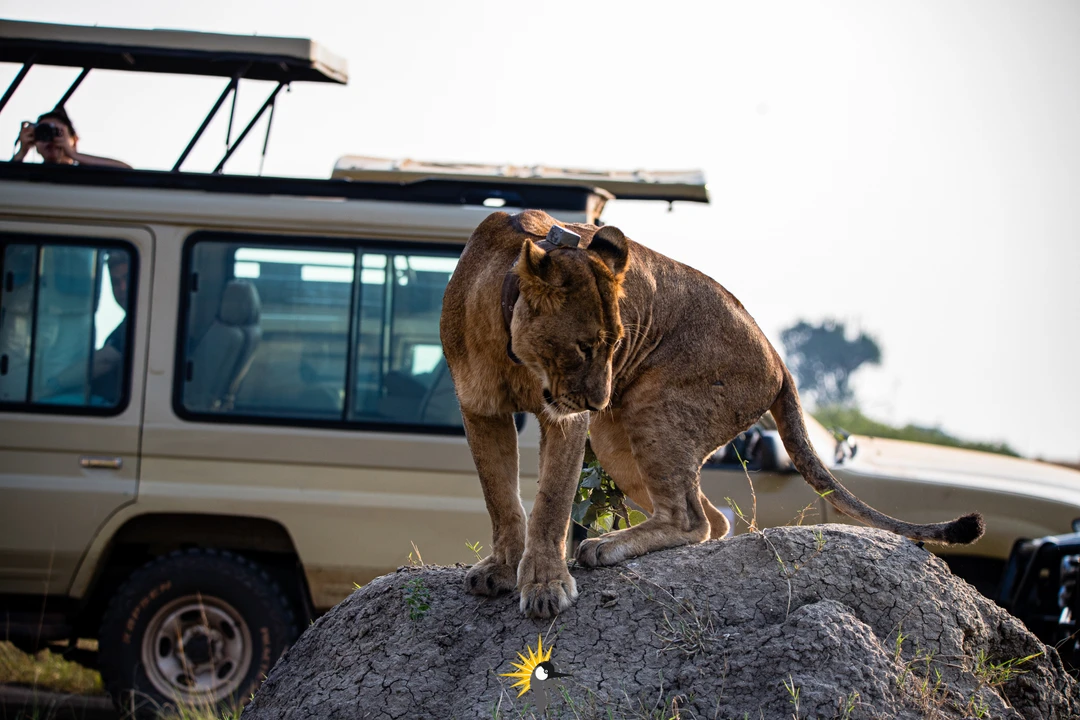
7 Days Wildlife and Gorilla Tracking Uganda Safari
From
3228Per person sharing
Toursit attractions in Democratic republic of Congo
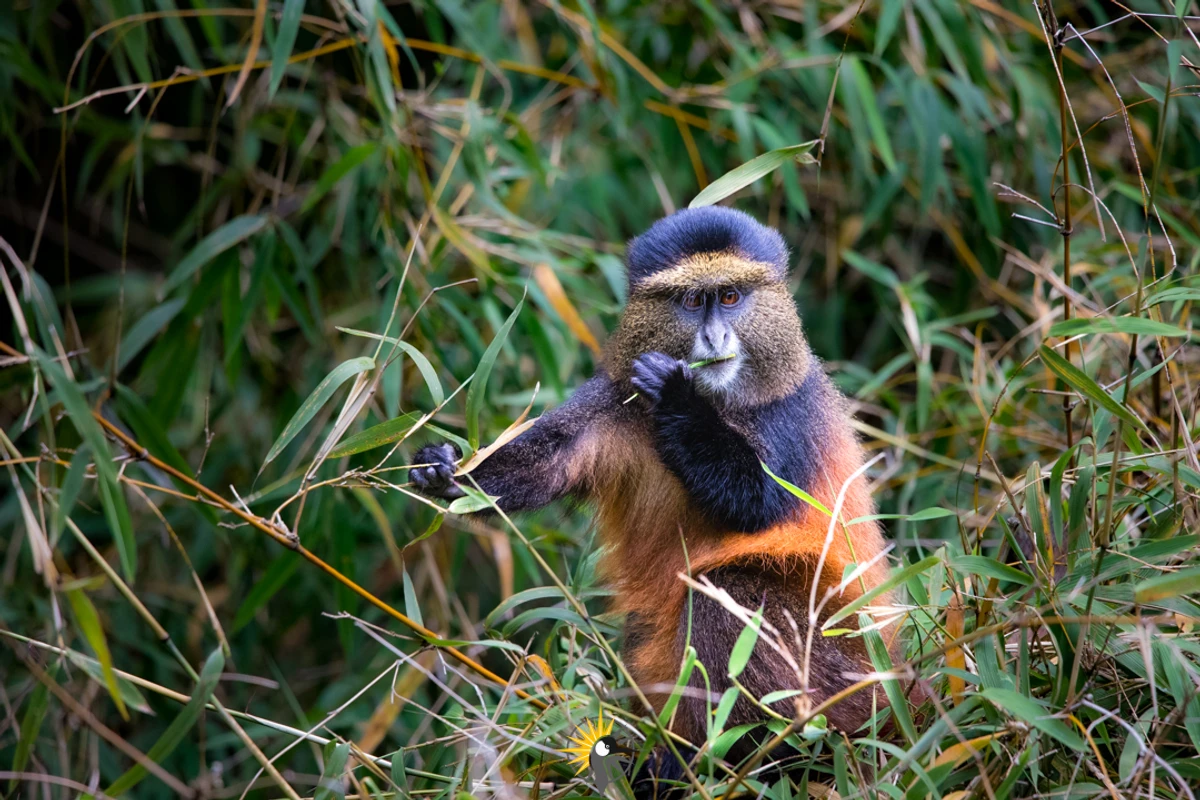
Virunga National Park
Virunga National Park is a destination like no other, a place where untamed wilderness meets dramatic landscapes and unparalleled biodiversity. Located in the eastern Democratic Republic of Congo (DRC), this park is a treasure trove for nature enthusiasts, adventure seekers, and conservationists alike.
Explore park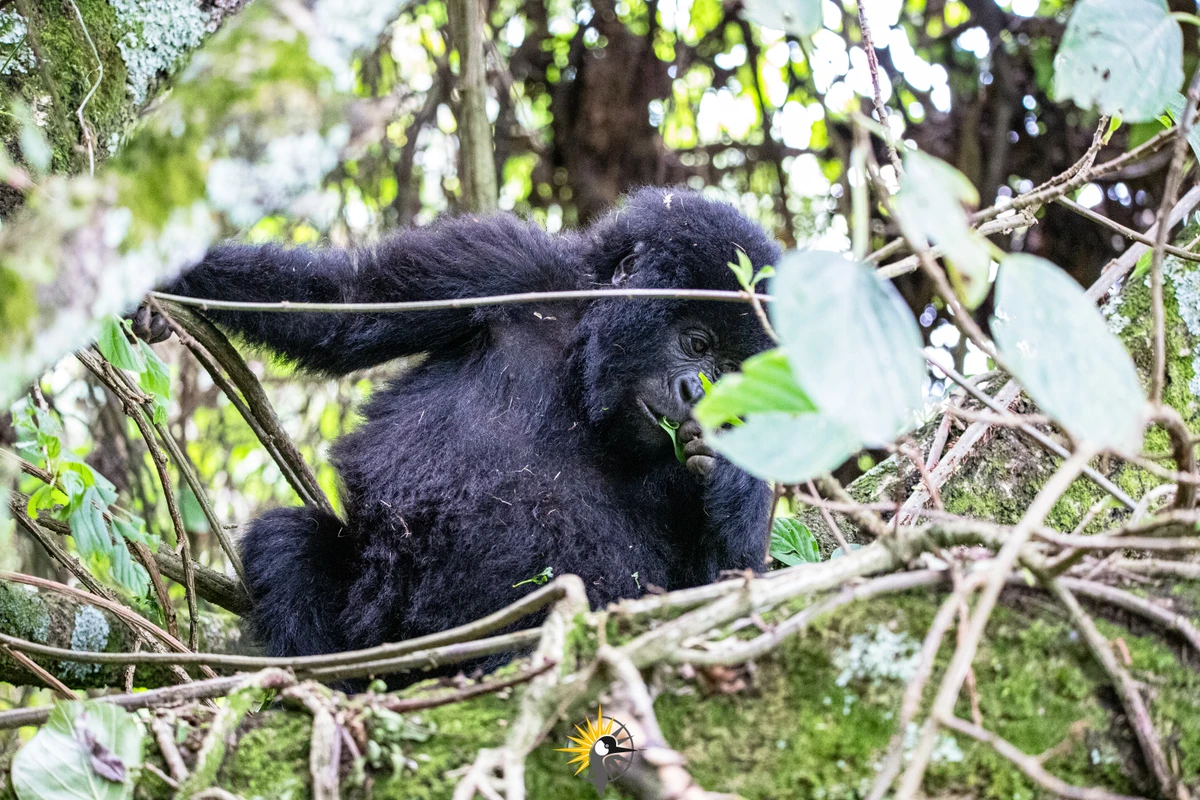
Kahuzi biega national park
In summary, stay with, listen to and follow the advice of the Kahuzi Biega National Park Park rangers and you should be at least as secure as you would be in many major cities around the world.
Explore parkNews and updates
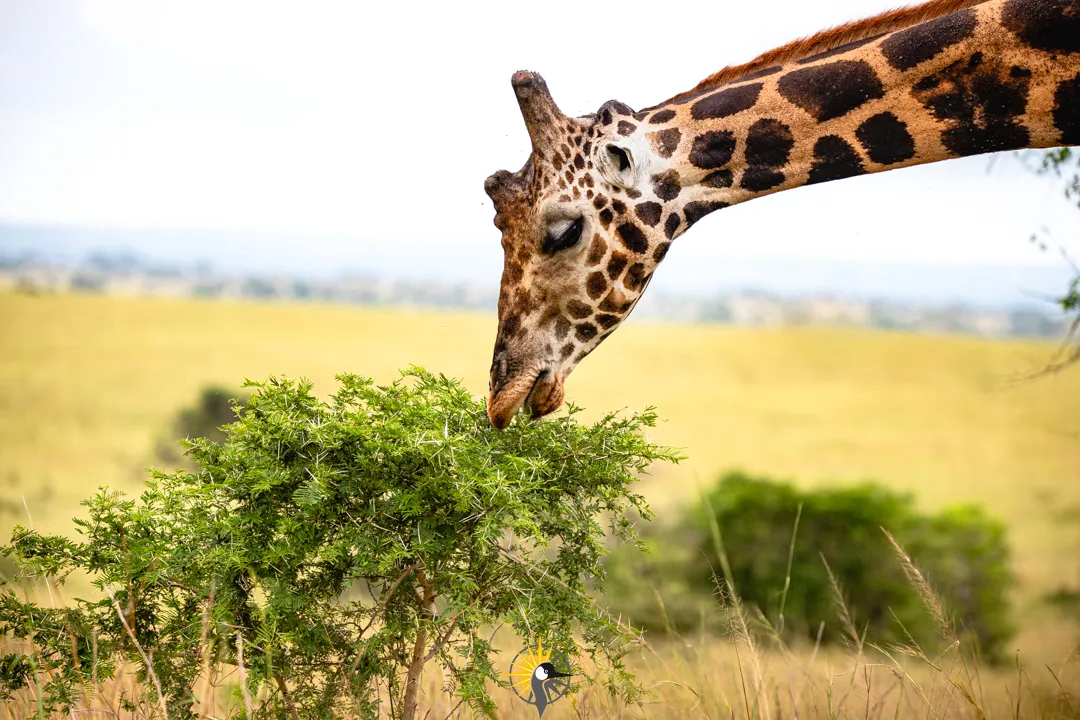
Unique safari experiences in Rwanda
From tracking endangered primates to exploring stunning landscapes and vibrant traditions, here are the most unique experiences you can enjoy in Rwanda.
Fri Mar 14 2025
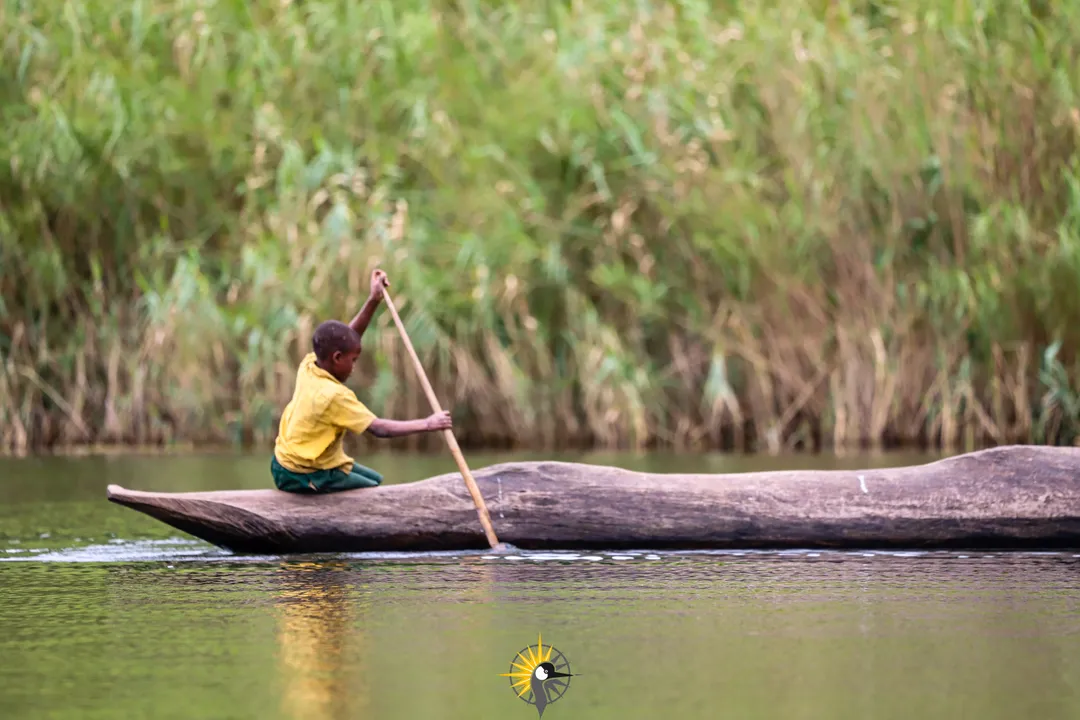
A unique canoeing experience in East Africa
Canoeing in East Africa offers travelers a one-of-a-kind opportunity to explore the region's spectacular landscapes while immersing themselves in the local cultures. Imagine gliding across serene waters, surrounded by breathtaking scenery, and engaging with vibrant communities that have lived along these waterways for generations.
Mon Dec 02 2024
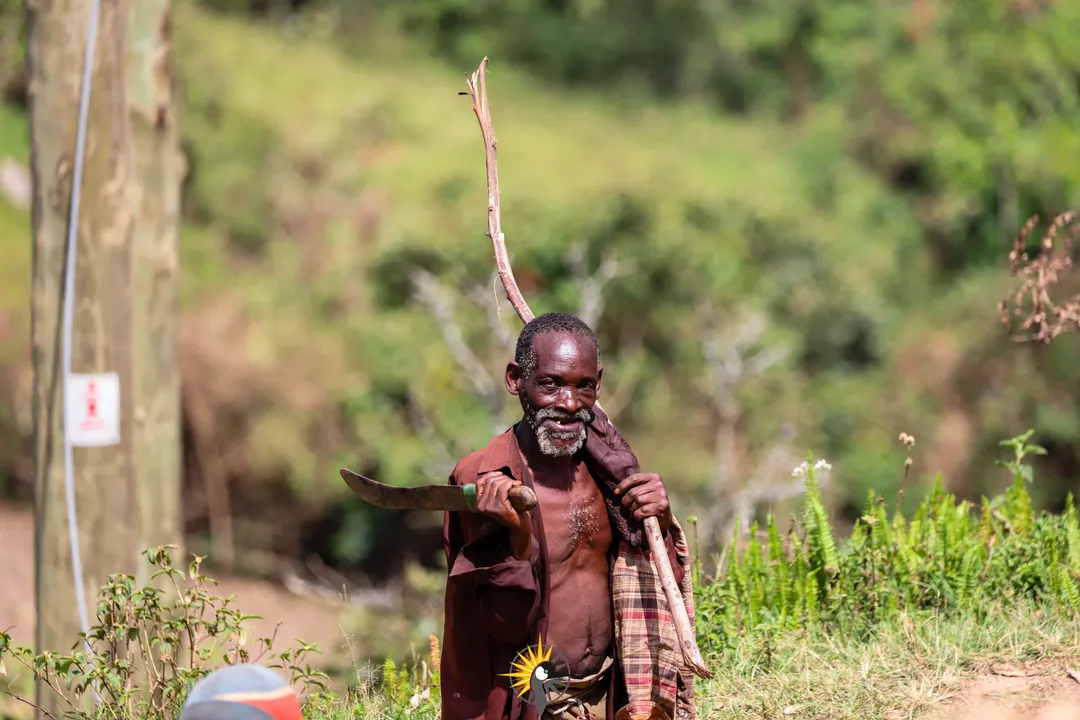
Delve into the cultural experiences of Uganda's national parks
Welcome to , a country brimming with awe-inspiring natural wonders and a vibrant tapestry of cultures! Step into the heartland of Africa and embark on a journey filled with breathtaking landscapes, diverse wildlife, and fascinating cultural encounters in Uganda's national parks.
Mon Nov 18 2024
